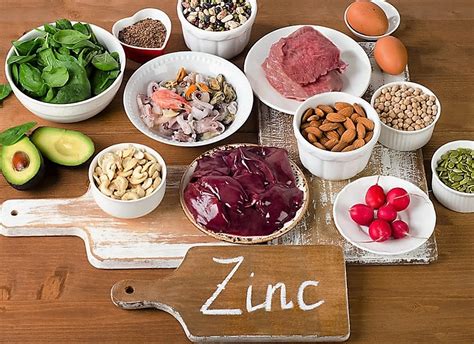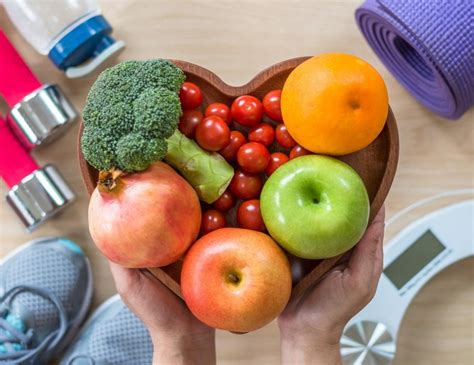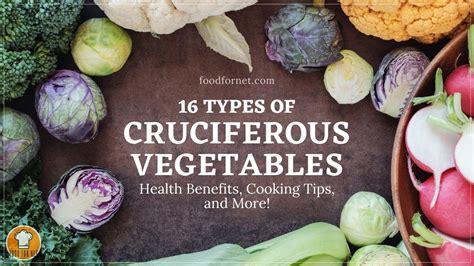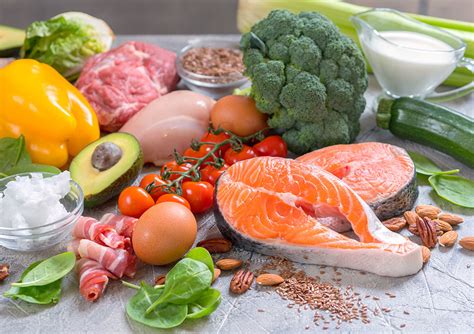What specific dietary strategies are recommended for men to naturally support healthy testosterone levels?

Maintaining healthy testosterone levels is crucial for men’s overall well-being, impacting everything from energy and mood to muscle mass and libido. While various factors influence hormone balance, diet stands out as a powerful and natural tool. Incorporating specific foods and dietary habits can significantly contribute to optimizing testosterone production. This article explores the key nutritional strategies men can adopt to naturally support healthy testosterone levels.
Embrace Micronutrient Powerhouses: Zinc, Vitamin D, and Magnesium
Certain vitamins and minerals are directly involved in testosterone synthesis and regulation. Zinc is perhaps one of the most well-known. This essential mineral plays a vital role in hormone production and is often found at lower levels in men with reduced testosterone. Excellent sources include oysters, red meat (especially beef), poultry, beans, nuts (like pumpkin seeds), and whole grains.

Vitamin D, often referred to as the “sunshine vitamin,” is another critical player. Research indicates a strong correlation between adequate vitamin D levels and higher testosterone. While sun exposure is the primary way to obtain it, dietary sources like fatty fish (salmon, mackerel), cod liver oil, and fortified foods (milk, cereal) are also important, especially in regions with limited sunlight. Magnesium also contributes to free and total testosterone levels by reducing oxidative stress and improving insulin sensitivity. Leafy green vegetables, nuts, seeds, and whole grains are rich sources of magnesium.
Don’t Fear Healthy Fats: The Building Blocks of Hormones
Testosterone is a steroid hormone derived from cholesterol. Therefore, a diet rich in healthy fats is essential, not detrimental, to its production. Saturated and monounsaturated fats, in particular, have been shown to support testosterone. Incorporate sources like avocados, olive oil, nuts (almonds, walnuts), seeds (chia, flax), and fatty fish. Avoid excessive amounts of highly processed vegetable oils high in omega-6 fatty acids, as they can sometimes promote inflammation and potentially disrupt hormone balance if consumed disproportionately.

Protein and Cruciferous Vegetables: More Than Just Muscle
Adequate protein intake is fundamental for overall health, including hormone production. Lean meats, poultry, fish, eggs, and plant-based proteins like legumes and tofu provide the amino acids necessary for various bodily functions. Furthermore, cruciferous vegetables such as broccoli, cauliflower, Brussels sprouts, and kale contain compounds (like indole-3-carbinol) that help the body metabolize estrogen, thereby potentially maintaining a healthier testosterone-to-estrogen ratio.

Foods and Habits to Limit or Avoid for Optimal Testosterone
Just as some foods boost testosterone, others can hinder it. Excessive consumption of highly processed foods, refined sugars, and trans fats can lead to inflammation, insulin resistance, and weight gain, all of which negatively impact testosterone levels. Similarly, chronic heavy alcohol consumption is known to impair testicular function and reduce testosterone production. Limiting soy products is also often suggested, though moderate consumption is generally considered safe, particularly if you have no underlying thyroid issues.

Holistic Dietary Pattern: The Big Picture
Ultimately, individual foods are part of a larger dietary pattern. A balanced diet rich in whole, unprocessed foods is the most effective strategy. Focus on a variety of fruits, vegetables, lean proteins, healthy fats, and complex carbohydrates. Prioritizing foods with anti-inflammatory properties and a high antioxidant content can also support overall hormonal health. Staying hydrated and eating at regular intervals further contribute to a stable metabolic environment conducive to healthy testosterone.

Conclusion
Optimizing testosterone levels through diet is a multifaceted approach that emphasizes nutrient-dense foods and avoids detrimental dietary habits. By focusing on zinc, vitamin D, magnesium, healthy fats, lean proteins, and cruciferous vegetables, while limiting processed foods and excessive alcohol, men can naturally support their hormonal health. Remember that diet is one piece of the puzzle; a holistic approach including regular exercise, adequate sleep, and stress management will yield the best results for overall well-being and robust testosterone levels.








